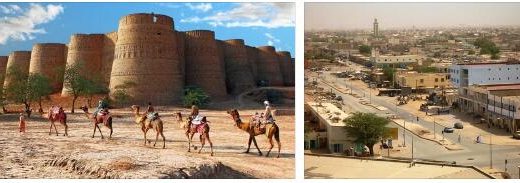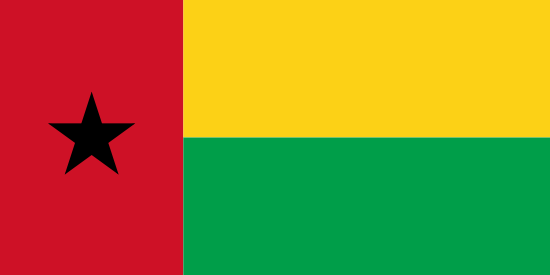Mauritius Population and Language
Mauritius is one of the most densely populated countries in the world. 97 percent of Mauritians live on the main island. Population growth has slowed since the 1980s as a result of falling birth rates and increased emigration to Canada, South Africa, Australia and Europe.
The composition of the population carries traces of the seafarers who have come to the island in turns. The largest group, the Indomaurites, are descendants of contract workers who were brought from India in the 19th century. The Creoles, the second largest group, are descended from African slaves who later mingled with Europeans, Chinese and others. A smaller group of French Mauritians, descendants of French colonists, constitute a prosperous elite. There is also a small group of Chinese, called Sinomaurites.
- COUNTRYAAH.COM: Key populations estimated size and data of Mauritius, including population density of how many people per square mile. Also included are facts for population and language.
There is also some immigration to Mauritius mainly from India, China, Bangladesh, Sri Lanka and Madagascar. Most, according to the International Organization for Migration (IOM), work in the textile or construction industries, but also in more qualified professions.
Many residential areas are ethnically segregated, and in the poorest parts, mainly black Creole lives. In general, the various ethnic groups live in peace with each other, but social divisions create some tension.
Most Mauritians are bilingual or multilingual. English is an official language, but less than one percent of the population is native speakers. French is the most important written language. Everyday, the Creole French-African languages are spoken by the Morisy or Hindi dialect bhojpuri.
FACTS – POPULATION AND LANGUAGE
Population
indomauritis make up about two-thirds of the population, creoles, french mauritans, sinomauritis and more 1
Number of residents
1 264 613 (2017)
Number of residents per square kilometer
623 (2017)
Percentage of residents in the cities
40.8 percent (2017)
Nativity / birth
10.4 per 1000 residents (2016)
Mortality / mortality
8.1 per 1000 residents (2016)
POPULATION GROWTH
0.1 percent (2017)
fertility rate
1.4 number of children born per woman (2016)
Percentage of women
50.5 percent (2017)
Life expectancy
74 years (2016)
Life expectancy for women
78 years (2016)
Life expectancy for men
71 years (2016)
Language
English is officially language 2
- In the census in Mauritius now no questions are asked about ethnic belonging
2. French is common as written language, the Morisy or bhojpuri are often spoken to everyday
2010
December
Legal process against nature reserves begins
Mauritius initiates legal proceedings against the marine nature reserve in the waters around the Chagos Islands, which the UK has initiated. According to information leaked by the Wikileaks network site, the British want to create the reserve to definitively stop the evacuated Chagosborn’s attempt to return (see April 2006, May 2008 and April 2010).
Ministers are accused of corruption
The opposition accuses Finance Minister Pravind Jugnauth and Health Minister Maya Hanoomanjee of corruption in connection with the procurement of a private health clinic.
June
Unity around the island of Trompelin
Mauritius and France agree to jointly manage the island of Trompelin, which belongs to France but which Mauritius claims.
May
Victory for the Future Alliance in parliamentary elections
In the parliamentary elections, the new three-party coalition wins the Future Alliance. It includes the ruling MLP as well as MSM and PMSD. The Future Alliance receives 45 out of 69 seats. Heart’s alliance between MMM, UN and Mauritius Social Democratic Movement (MMSD) wins 20 seats. The small party The Front for Mauritanian Solidarity (FSM) gets 1 mandate. 3 mandates go to representatives of the island’s Rodrigue population. The turnout is about 78 percent. Ramgoolam continues as prime minister for a new government.
April
Fishing is prohibited on the Chagos Islands
The British government announces that the Chagos Islands will become a marine nature reserve, where fishing and other activities are prohibited. The waters will be patrolled by boats that will check that no poaching fish. The decision undermines the ability of the evacuated Chagosborns to feed on the islands if they were to return there.
February
The Chagos Islands become a nature reserve
The British government makes the Chagos Islands a nature reserve where no people can live except for personnel on the military base that the United States hires there.




